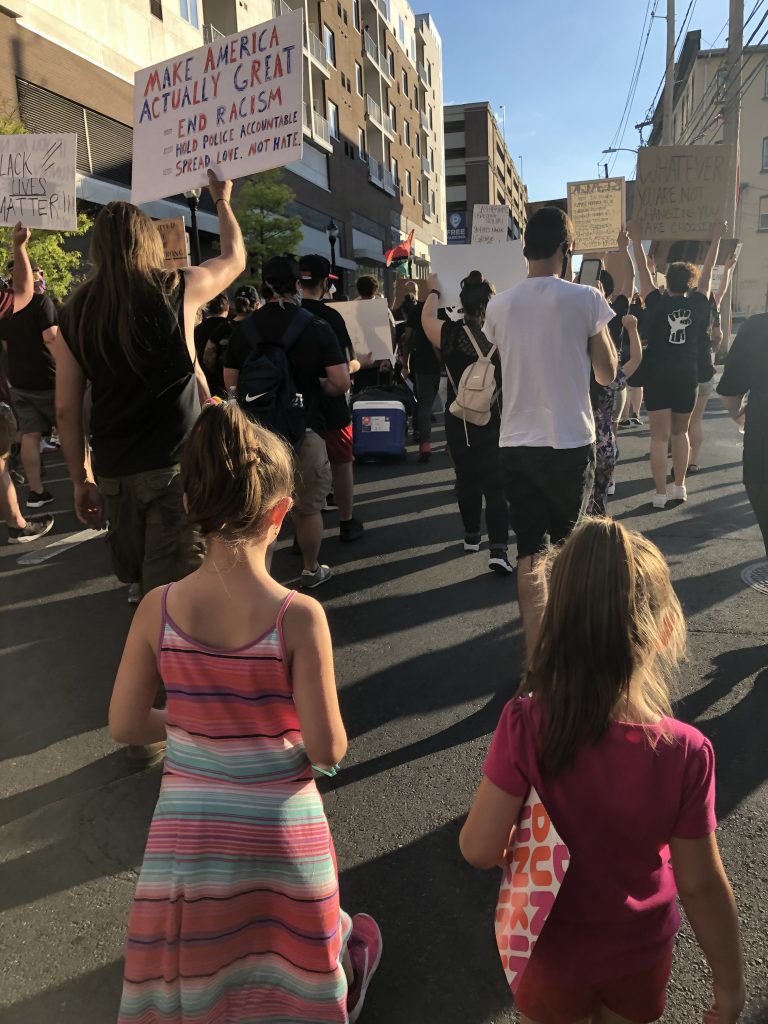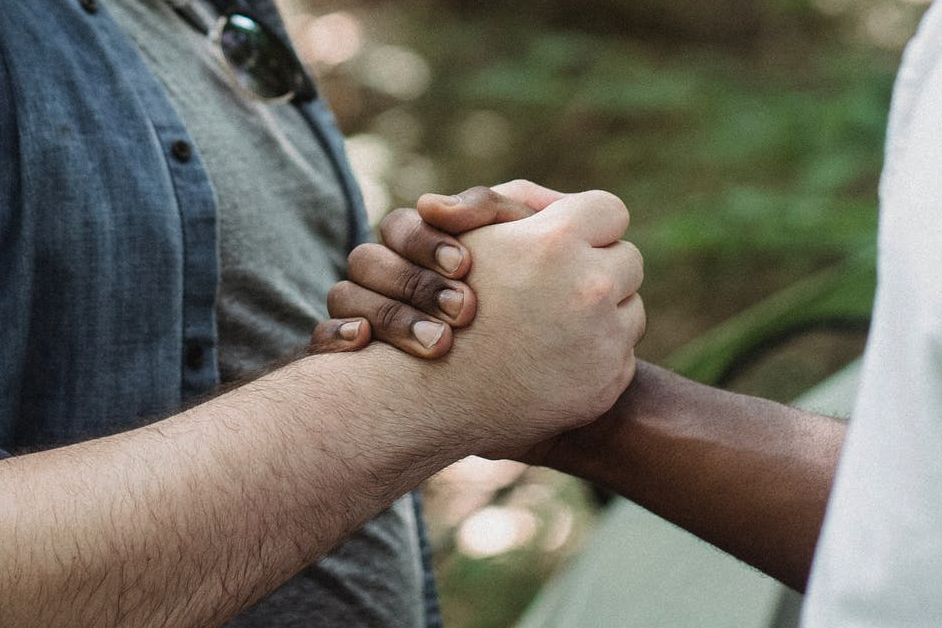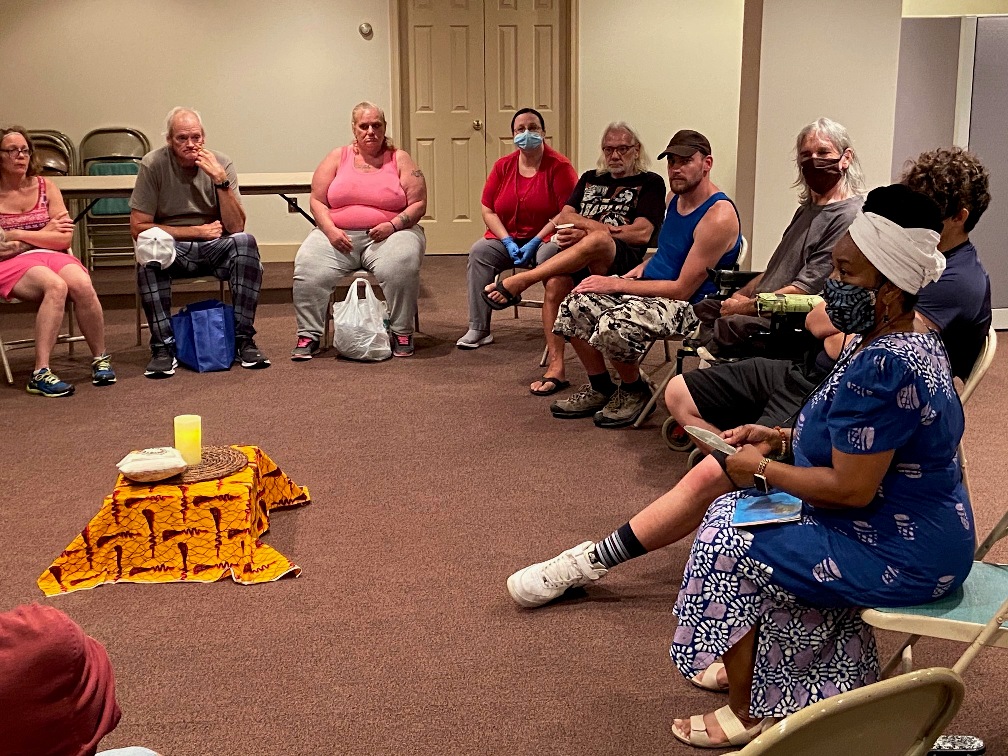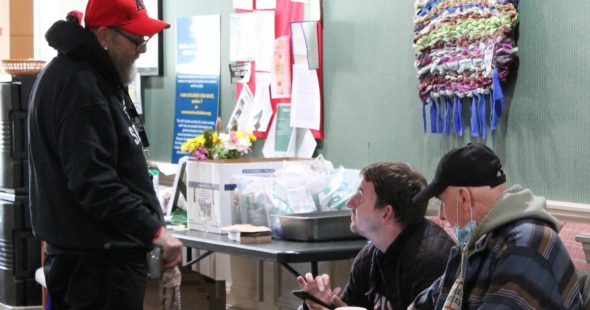We need another committee!
What?
Said who?
Said the newly formed Mosaic Mennonite Conference.
With the formation of Mosaic Mennonite Conference, the new by-laws included the inclusion and formation of the Intercultural Committee. This committee shall provide leadership in the areas of undoing racism, sexism, and cultural bias, and in facilitating and supporting mutual transformation in intercultural contexts. This committee will be represented on the conference board by its chair as a non-voting member.
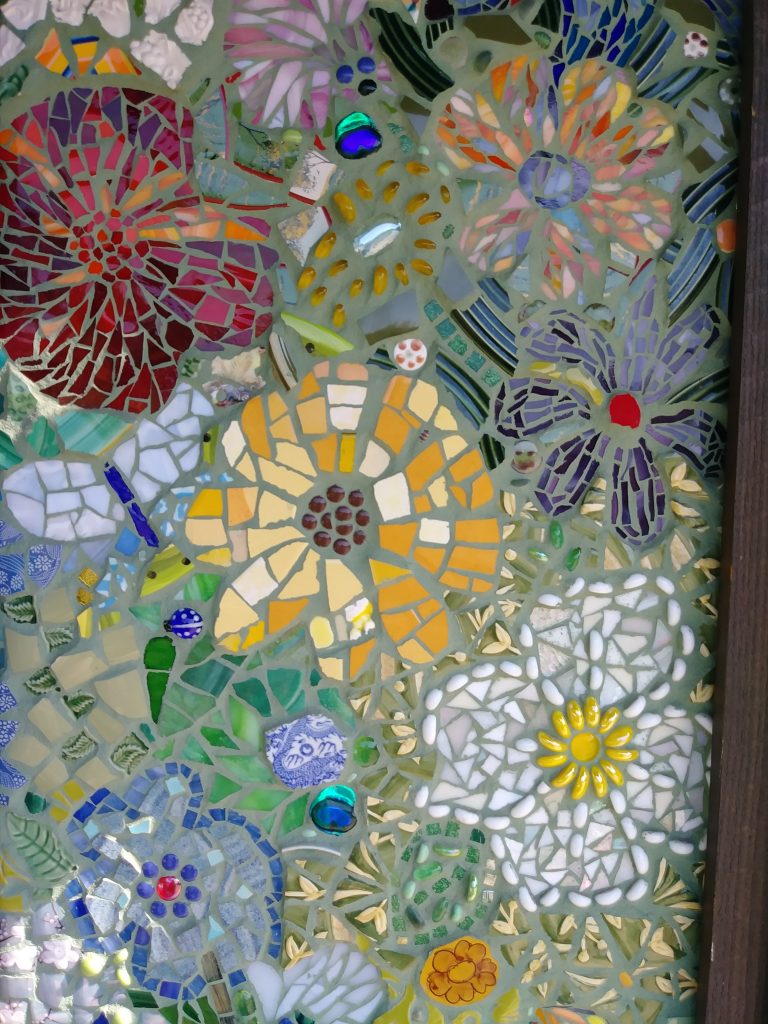
As a conference located in multiple states and with global connections, we believe God’s design is for all people in all places to flourish and be transformed by loving, mutual relationships with God and one another. To see this become a reality, by the power of the Spirit, we shape our lives and our work together around missional, intercultural, and formational priorities.
We have this intercultural priority: “As human beings made in the image of God, we acknowledge, own, and celebrate our cultural differences, allowing ourselves to be changed by the relationships we build across cultures while we work together for racial justice.”
With this priority, we purposely bring people of different cultures and ethnicities alongside one another. However, we are committed to something deeper than that. We strive for more than just a distant appreciation of one another, or other cultures accommodating to the dominant white culture.
An intercultural commitment means we nurture “a deep understanding and respect for all cultures.” This means we work at deep relationships, even if this means uncomfortable conversations, where “no one is left unchanged because everyone learns from one another and grows together” (see Spring Institute for more).
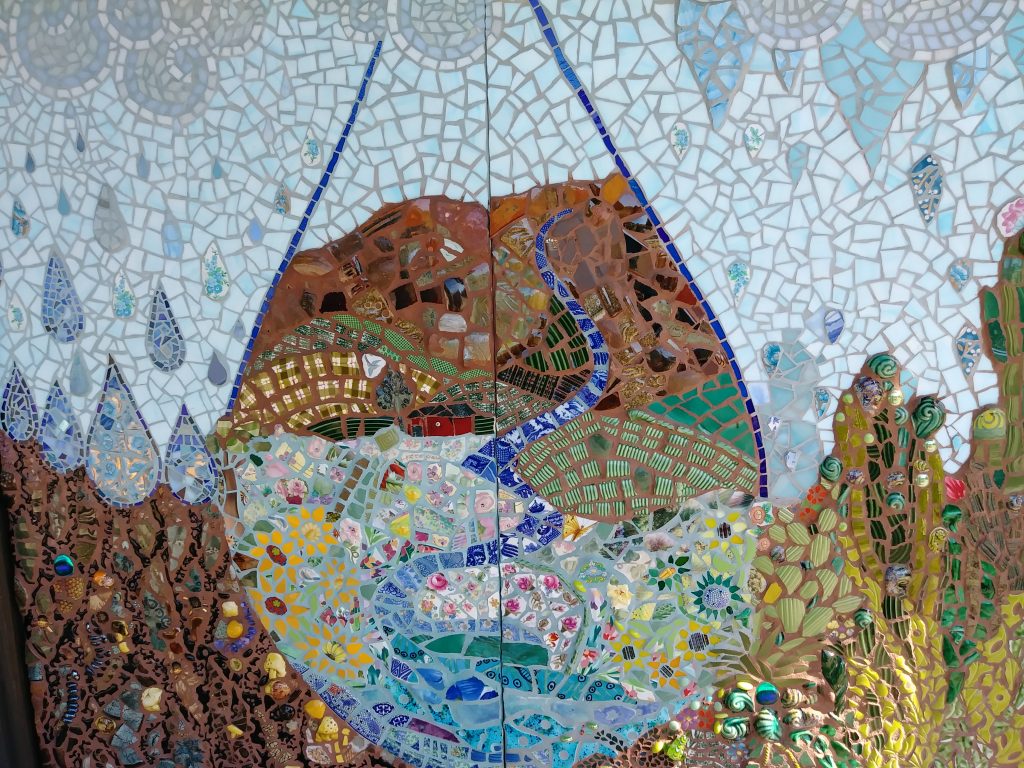
The work has already begun. In the past 3 years, an intercultural staff team of Chantelle Todman, Marta Castillo, Hendy Matahelemual, Aldo Siahaan, and Danilo Sanchez have been assessing and moving current relationships and communities in an intercultural direction. We have been building connections between communities and leaders of the global majority. We have also been educating and coaching congregations and leaders around the themes of racial justice, cultural differences, and mutual transformation.
During our first meeting with the intercultural board committee in October 2020, staff shared the work that we have done as a team. We look forward to joining and following the lead of this new committee.
Diverse in geography, culture, gender, and age, this new committee represents experience, passion for intercultural work, and desire to see growth in themselves, their congregations, and in the conference. We ask for your prayers and your support for this committee and for this intercultural work.
The Mosaic Intercultural Committee members are:
- Beny Krisbianto, chair, Nations Worship Center, Philadelphia, PA
- Roy Williams, College Hill Mennonite Church, Tampa, FL
- Josue Gonzalez, Encuentro de Renovación, Miami, FL
- Emmauel Mwaipopo, Nueva Vida Norristown New Life, Norristown, PA
- Jocelyn Clement, Eglise Evangélique Solidarité et Harmonie, Philadelphia, PA
- Jenna Villatoro, Philadelphia Praise Center, Philadelphia, PA
- Steve Zacheus, JKI Anugerah congregation, Sierra Madre, CA
- Marta Castillo (conference staff)
- Danilo Sanchez (conference staff)
For further information and resources, please go to https://mosaicmennonites.org/intercultural/.




